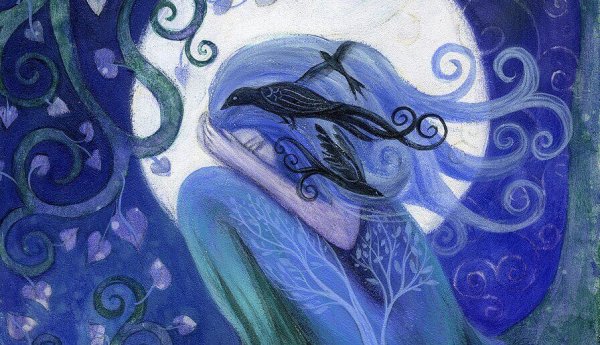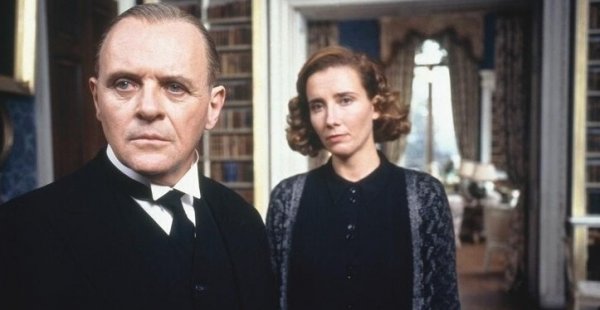Dignity is the Language of Self-Esteem, Not Pride


Written and verified by the psychologist Valeria Sabater
Dignity is not a matter of pride. It’s a precious gem we can’t put in other people’s hands or lose easily. Dignity is self-esteem, respect for oneself, and health.
It’s also the force that lifts us up when our wings have broken with the hope of getting somewhere far away where nothing hurts, where we can look at the world again with our heads held high.
We could say almost without question that few words are as important today as the first one in this article’s title. It was Ernesto Sábato who said not long ago that, apparently the dignity of human beings was not foreseen in this globalized world.
We all see it every day. Our society is increasingly turning into a system where we gradually are losing more rights, opportunities and even freedoms.
However, here’s an interesting thing to keep in mind. Many philosophers, sociologists, psychologists and writers try to give us strategies to create what they call “the age of dignity”.
They think it’s time to find our identity, to have a voice and work on our strengths in order to find greater satisfaction in our environment, and thus make real change in this unequal society.
People like Robert W. Fuller, physicist, diplomat and educator, have coined a term that we’ll certainly begin to hear more often. It’s “rankism.”
This term includes the behaviors that day-by-day are eating away our dignity: being intimidated by others (in relationships, at work) and harassed, sexism and falling victim to a rigid social hierarchy.
All of us, at some point in our lives, has felt what it is to lose dignity. Whether it was an abusive relationship or a degrading job, they come with a high personal cost.
Demanding a change, standing up for yourself, and fighting for your rights is never pride. It’s bravery.

Dignity in Kazuo Ishiguro’s work
We recently got news that the British writer of Japanese origin, Kazuo Ishiguro, would be receiving the Nobel Prize for Literature this year. The public knows him mainly for one of his novels, “The Remains of the Day”, which was made into an exceptional movie.
Funny enough, though, not everyone could say what the central theme is of his meticulous and sometimes exasperating — though always magnificent — book.
We could consider “The Remains of the Day” as a love story. A story of cowardly love and walls, where lovers can never touch, and they are unable to see anything except the person they love.
Perhaps we say it’s a story of a house and its inhabitants, masters and servants. And how a nobleman, Lord Darlington, sought friendship with the Nazis as his passive butler watched his lord betray his country.
We could say this and much more, because that is, without a doubt, the magic of books. But more than anything, “The Remains of the Day” speaks of dignity.
“The Remains of the Day” and dignity
It speaks of the dignity of the narrator who, in turn, is the protagonist of the story: Mr. Stevens, butler of Darlington Hall.

The whole novel is a defense mechanism, an attempt at constant justification. We meet a person who feels worthy of and honored for the work he does.
However, such work is nothing more than cruel and absolute servitude. There’s no space for reflection, doubt, recognition of one’s own emotions, and even less for love.
But there comes a time when the facade of the “great butler” falls apart. During a dinner, one of Lord Darlington’s guests asks Mr. Stevens questions to demonstrate how ignorant the lower classes are.
It was a direct attack on Mr. Stevens’ identity. The butler in him stands aside to make way for the wounded man who never had dignity, living under a facade. The man who gave up true love to serve others.
How to restore and strengthen our dignity
It’s very interesting how an observer and even a reader paging through books like “The Remains of the Day” knows immediately how a certain person is being manipulated or how he uses elaborate self-deception to justify things that in our eyes are irrational.
However, we too may be doing things in our daily life that are very similar to what the butler of Darlington Hall is doing.
We may be giving our all for that love, that harmful, toxic, exhausting relationship. In fact, sometimes we love with blind eyes and an open heart, without seeing how our self-esteem is torn.
You can stay in that poorly paid job, where you aren’t valued… You let your life and dignity go… but what can you do… life is what it is and isn’t the evil you know better than the evil you don’t?

We have to wake up. Like we said, this is the age of dignity, where we must all remember our value, our strength, our right to have a better life, to deserve what we want and need.
Saying it out loud, setting limits, closing doors in order to open others and defining ourselves before others do… it’s not pride.
Don’t lose your individuality. Let’s stop justifying the unjustifiable and being a cog in the machine of life that’s eating away at our wonderful personalities.
Finally, let’s stop being a victim of unhappiness and instead create happiness with our own hands and courage.
This text is provided for informational purposes only and does not replace consultation with a professional. If in doubt, consult your specialist.








